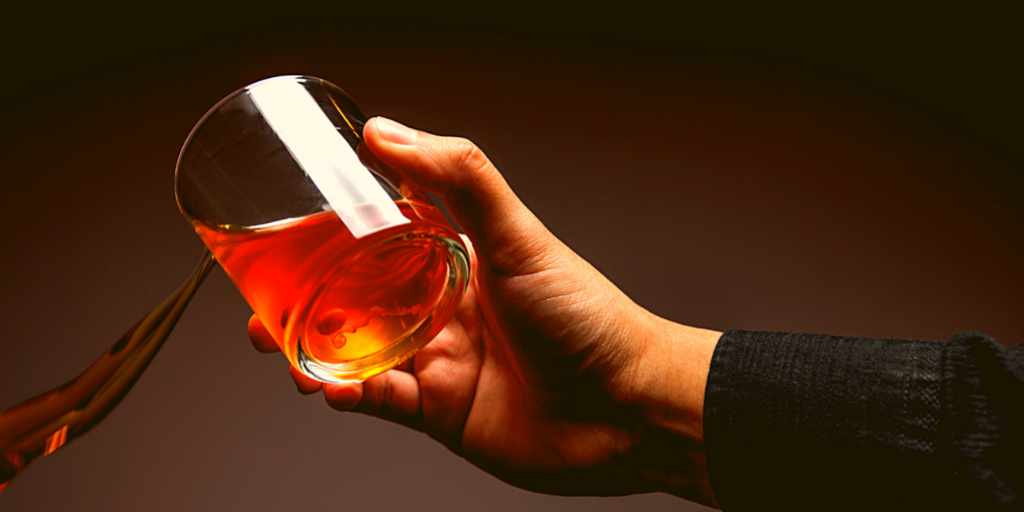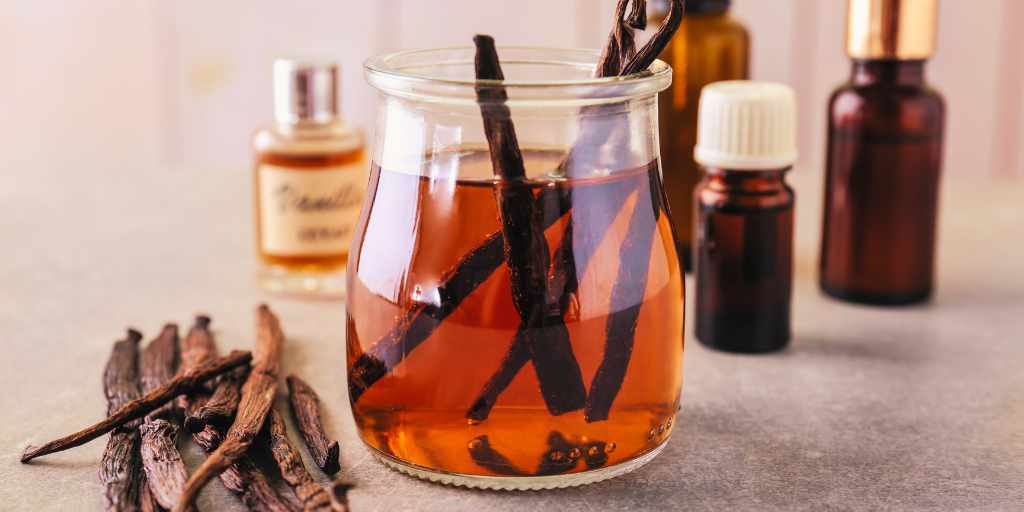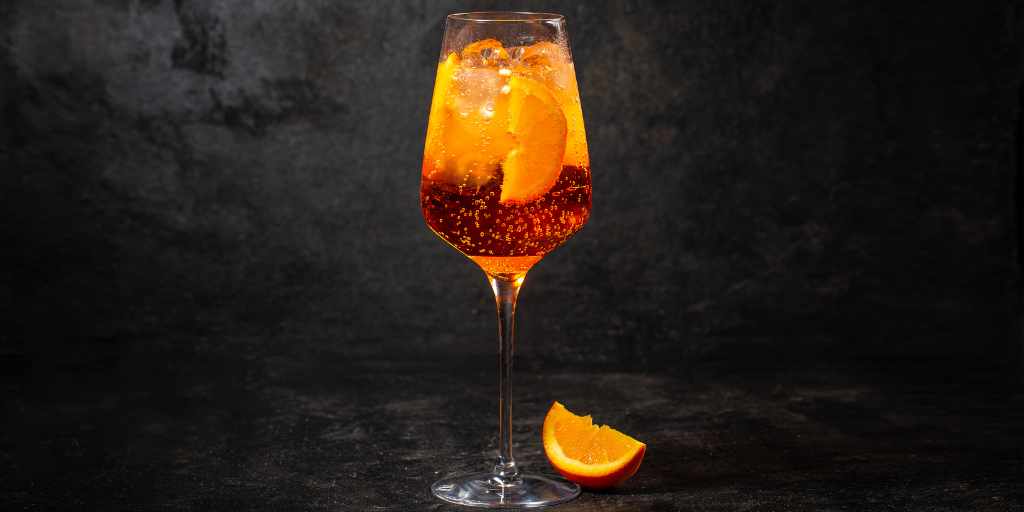Did you know that even the smallest spill of spirits can impact a bartender’s luck? Bartender superstitions around spilt spirits have been passed down for generations, and they continue to be taken seriously in the industry today.
From avoiding spills to quickly cleaning them up, bartenders go to great lengths to prevent bad luck from affecting their work. This article will explore some of the most common beliefs and practices surrounding spilt spirits in the bartending world.
Historical Context
Superstitions around spilling spirits are not a new phenomenon. They can be traced back to ancient times when people believed that every action and event had a deeper meaning and could be interpreted as a sign from the gods. The Greeks and Romans were known to pour libations, or offerings of wine, as a way to communicate with the gods and honour the dead.
In some cultures, spilling wine or other spirits was considered a sacrilege and a sign of disrespect to the gods. As time passed, these beliefs evolved and intertwined with religious and cultural traditions, eventually making their way into the bartending world.
Today, bartenders around the world still adhere to these superstitions and have developed unique ways of avoiding bad luck caused by spilt spirits.
Superstitions and Beliefs
Superstitions and beliefs surrounding spilt spirits vary widely across cultures and regions. In some traditions, spilt alcohol is believed to bring bad luck, while in others, it is seen as a sign of good fortune.
For example, in Russian and Polish cultures, it is believed that spilling vodka is a sign of prosperity and a good omen for the future. Similarly, in many African and Caribbean cultures, spilling rum is considered a blessing and a way to honour the ancestors.
On the other hand, in Western cultures, spilling wine or other alcoholic beverages is generally viewed as a bad omen and a sign of impending misfortune. Some even believe that if a bartender spills a drink, they will have to buy a round for the entire bar to ward off bad luck.
Warding off Bad Luck
Bartenders have developed various practices over time to avoid spilling spirits and to ward off bad luck when spills occur.
One common practice is to throw salt over the left shoulder after spilling a drink, which is believed to blind the devil and prevent any further bad luck from occurring.
Some bartenders also sprinkle salt on the bar or floor to absorb any spilt spirits and prevent slips or falls. Others may use a small broom and dustpan to sweep up any spilt spirits, which is believed to sweep away any bad luck. Some may even draw a small circle around the spill with their finger to contain the bad luck and prevent it from spreading throughout the bar.
These practices may seem superstitious, but they have become ingrained in bartender culture and are often passed down from one generation of bartenders to the next.
Debunking Misconceptions
While spilling spirits may be considered bad luck or a superstitious belief in some cultures, it’s important to note that there is no scientific evidence to support these beliefs.
Some may argue that spilling a drink is simply a result of human error or clumsiness rather than a supernatural force. Additionally, some bartenders may intentionally spill a small amount of alcohol as part of their showmanship or to signify the start of a celebration.
It’s important to approach these superstitions with a critical and open-minded perspective, acknowledging their cultural significance while also understanding that they may not hold any actual power or truth.
Conclusion
In conclusion, spilling spirits is a common occurrence in the bar industry and is often surrounded by superstitions and beliefs.
While some bartenders take precautions to avoid spills for practical reasons, others believe that it can bring bad luck or symbolize wasted profits. However, it is important to debunk misconceptions about these beliefs and understand that they are not based on factual evidence.
Ultimately, the decision to participate in these practices is up to you.




